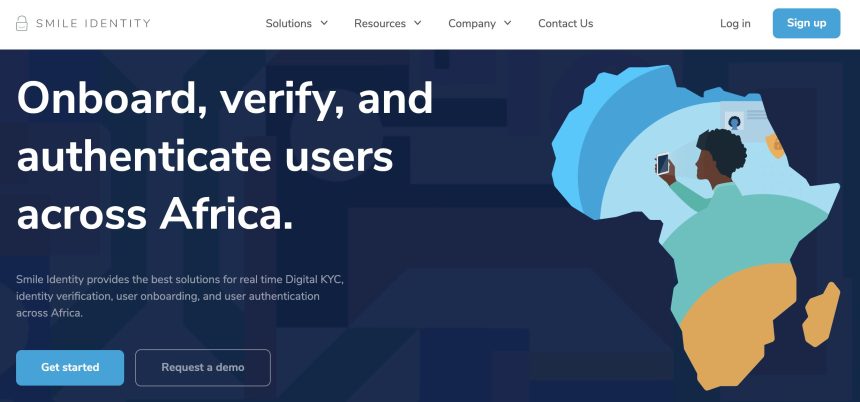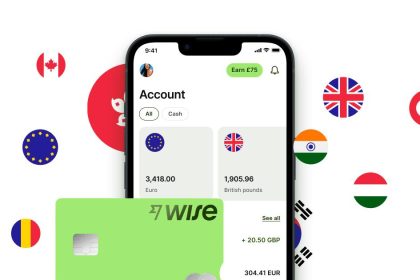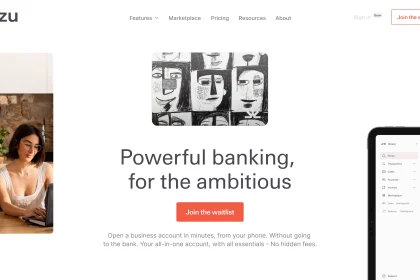An estimated one billion people worldwide face the challenge of proving who they are, according to a World Bank Group report which states that 81% of this number live in sub-Saharan Africa and South Asia without official proof of identity.
It’s no news that Africans spend an inordinate amount of time trying to prove or verify their identities to gain access to address proofs, financial accounts, loans, SIM cards, and social services. Per reports, an estimated 500 million Africans have no formal identification at all.
Smile Identity is one of such. The company provides ID verification and KYC compliance for African faces and identities. Today, the company is announcing that it has closed a $7 million Series A funding.
Costanoa Ventures co-led the investment with pan-African venture firm CRE Venture Capital. Other investors that participated include VCs like LocalGlobe, Intercept Ventures, Future Africa, and unnamed angel investors. Existing investors, including Khosla Impact, ValueStream Ventures, Beta Ventures, 500 Startups, and Story Ventures, also participated.
Smile Identity is currently present across six markets in Africa: Nigeria, Kenya, South Africa, Ghana, Rwanda, and Uganda. It also enables 15 different ID types and covers more than 250 million identities, performing over one million identity checks every month.
Its software is used in banking, fintech, ride-sharing, worker verification, public social welfare programs, and telecommunications. Smile Identity says it has about 80 customers who are charged on a per-query basis. Some include payments companies like Paystack, Paga, and Chipper Cash; neo-banks like Kuda and Umba; traditional banks like Stanbic IBTC; cryptocurrency exchanges like Binance, Luno, and Paxful; and supply-chain businesses like Twiga.
In 2019, Smile Identity secured a $4 million seed round. With this Series A, the company has raised a total of $11 million. Smile Identity plans to use the new investment to improve its services, expand across more markets, add support for more ID types, and hire more engineers and support staff across Africa.
Original Story: Techcrunch










